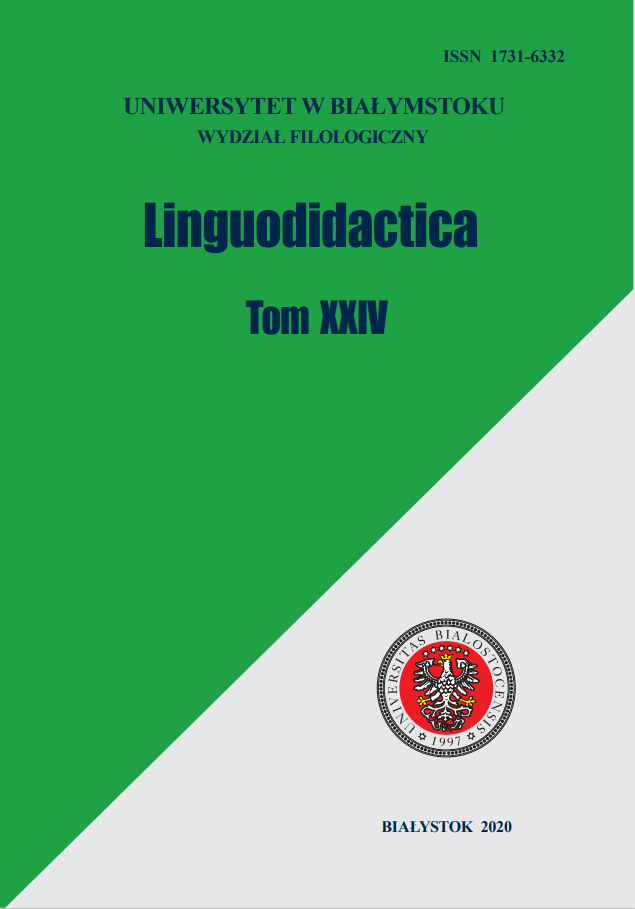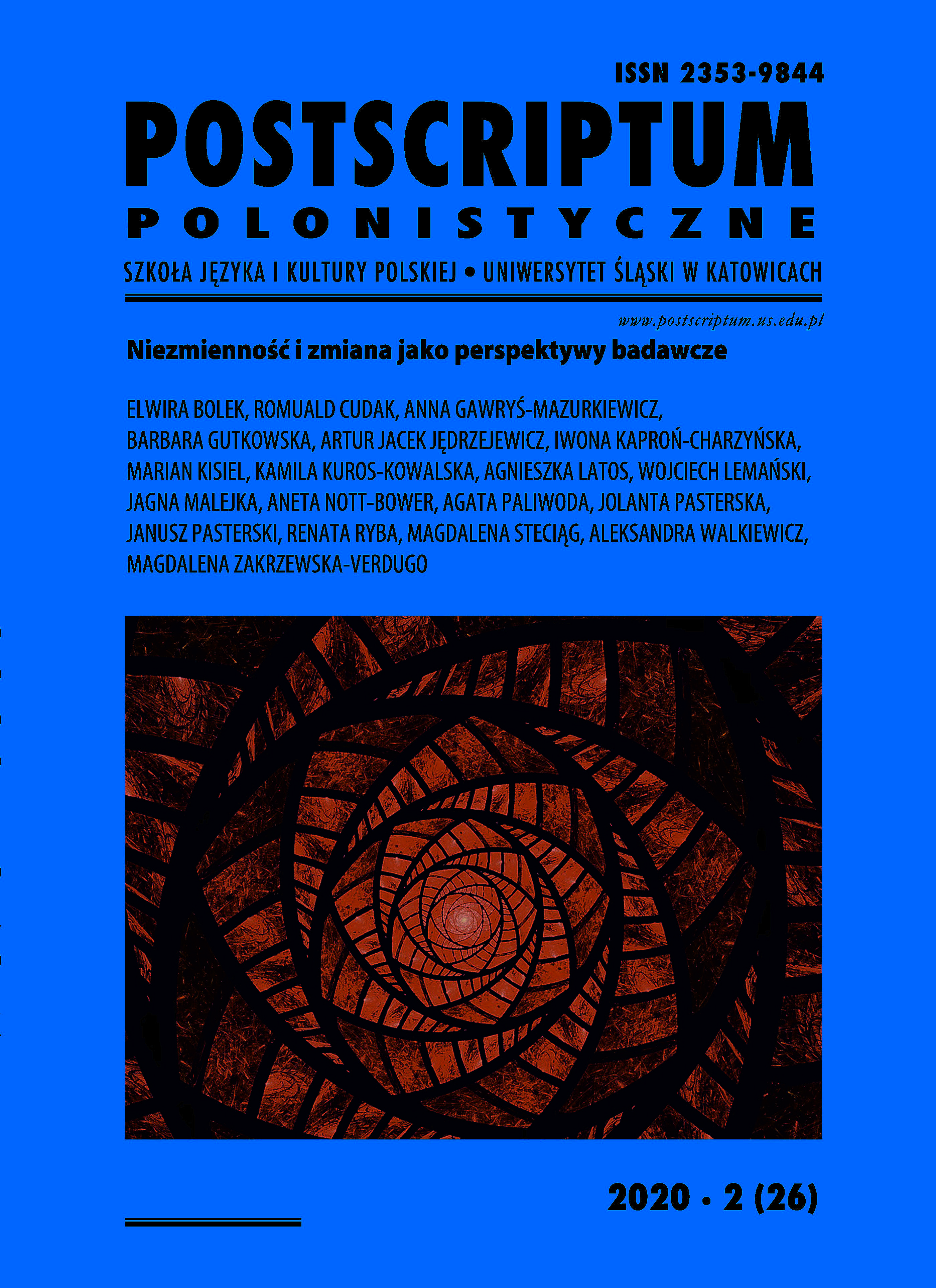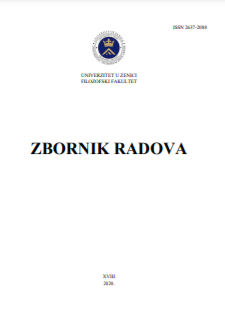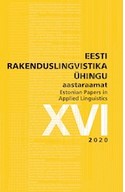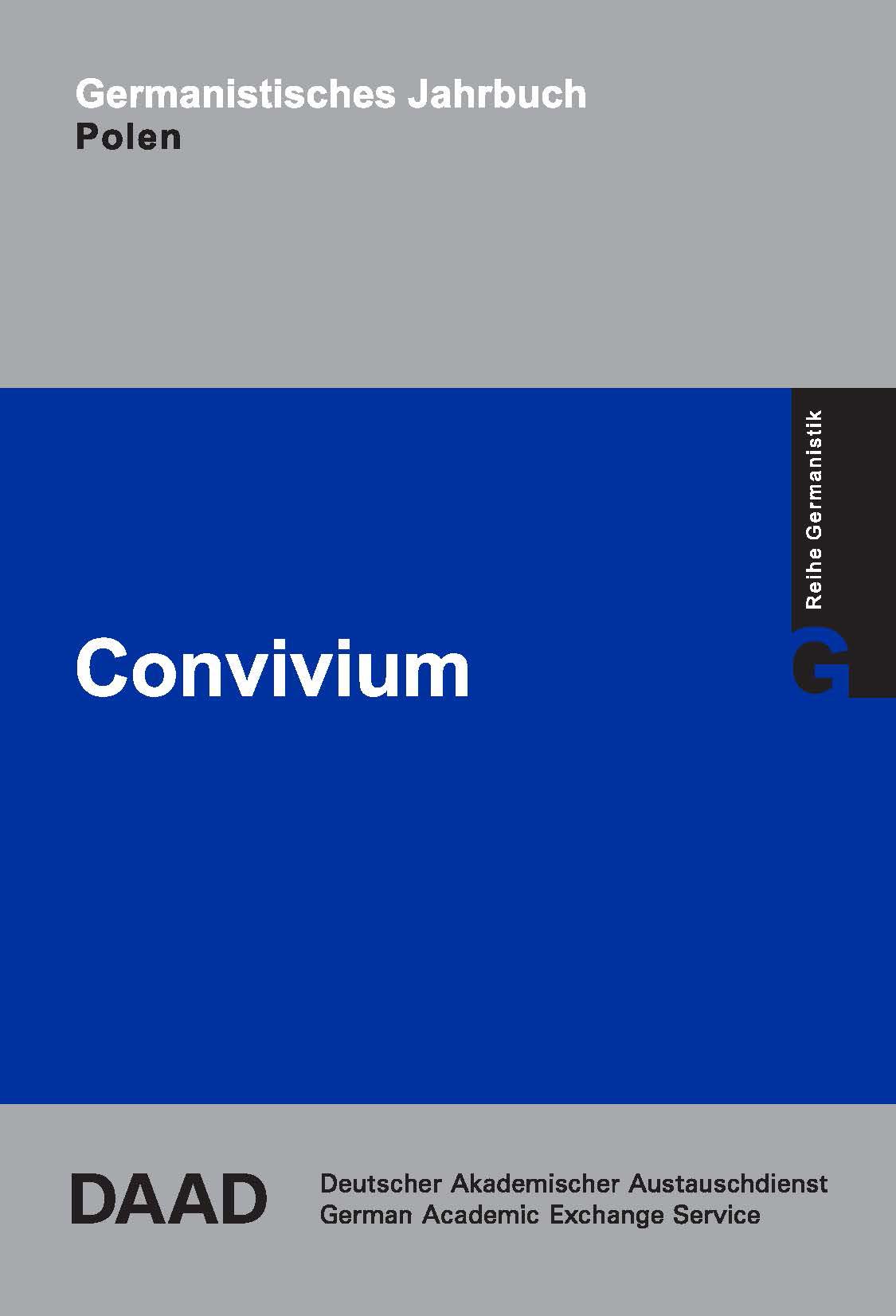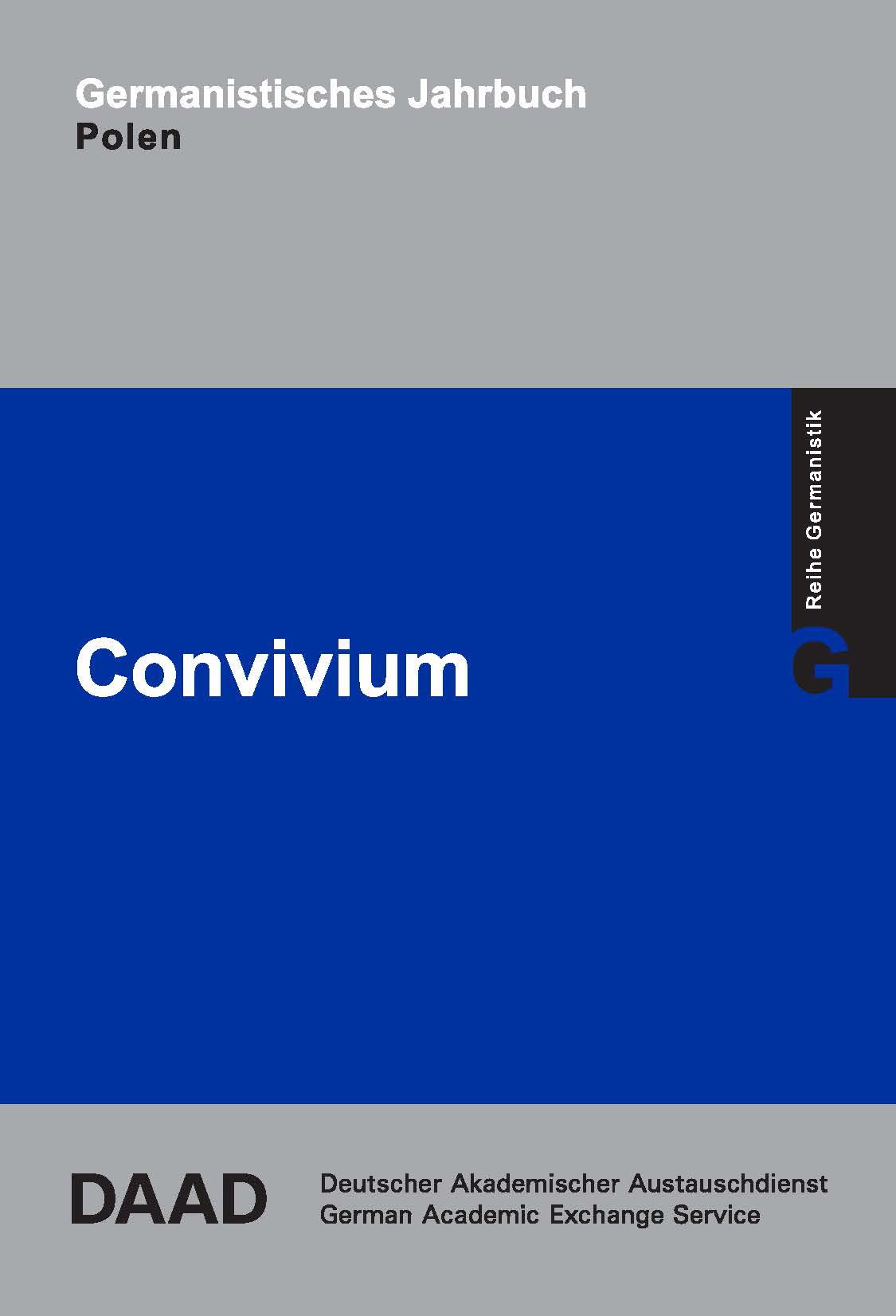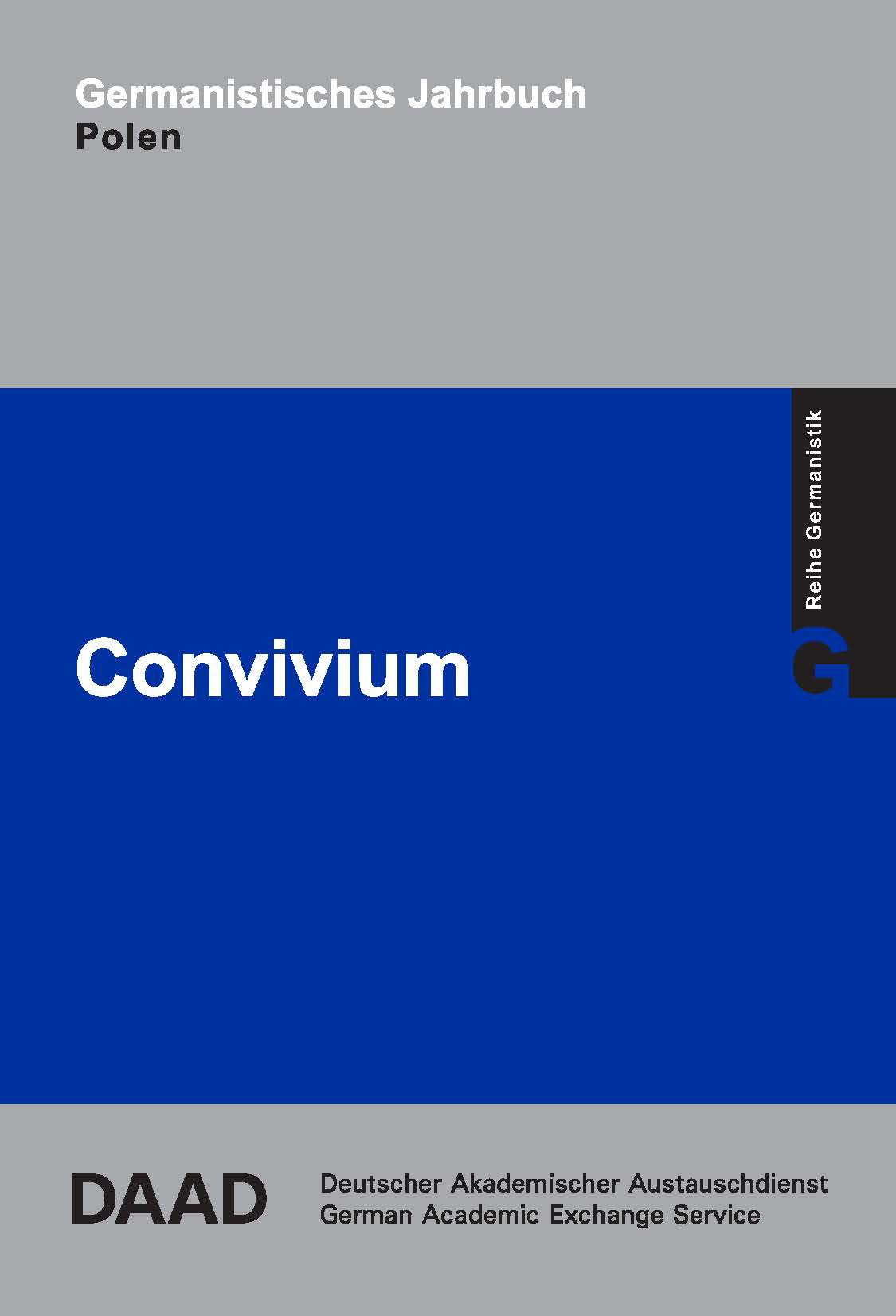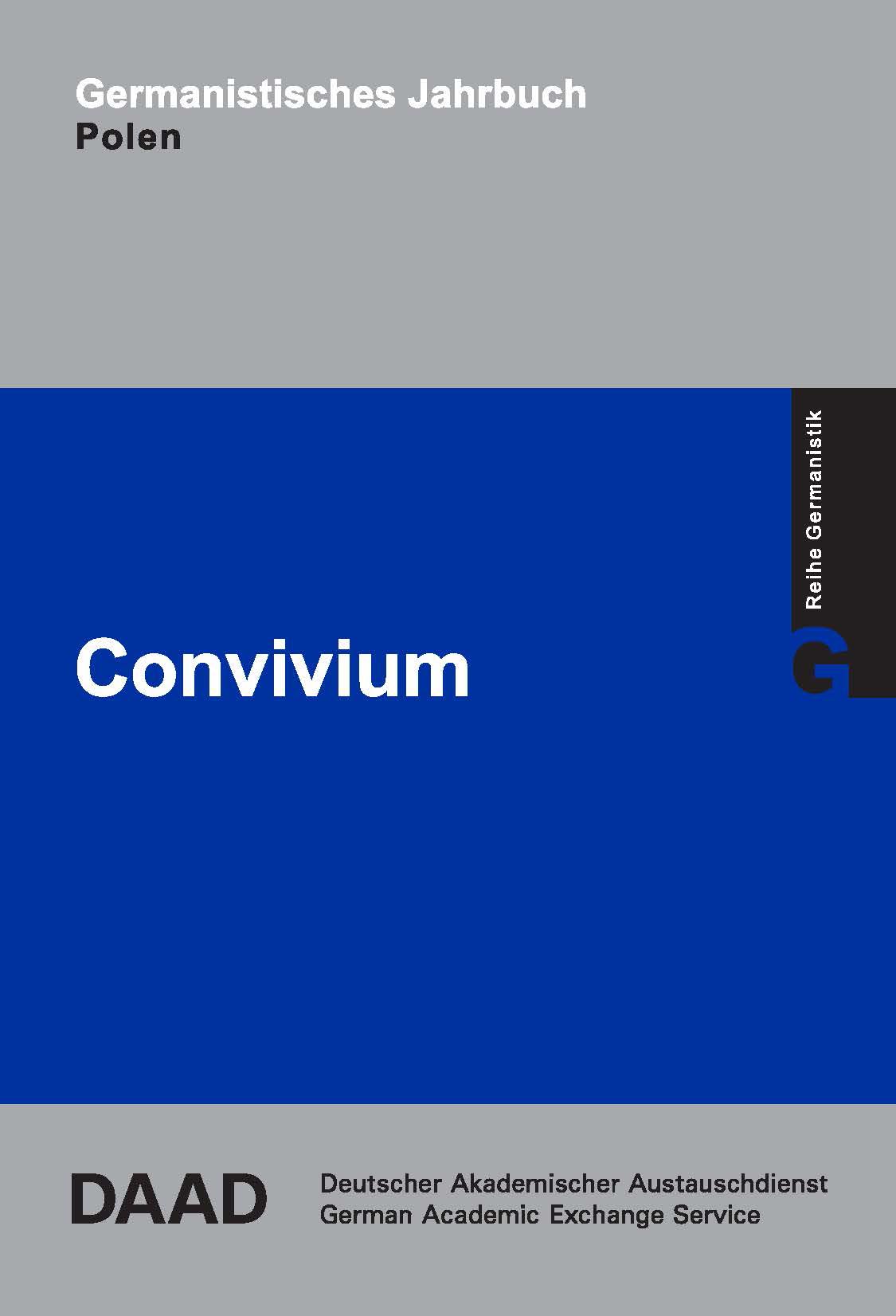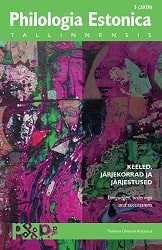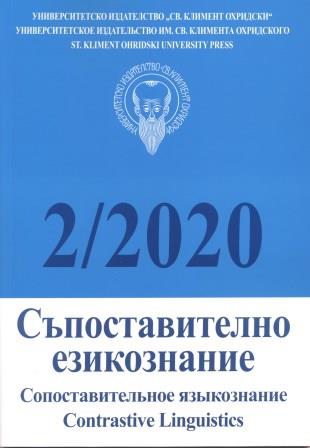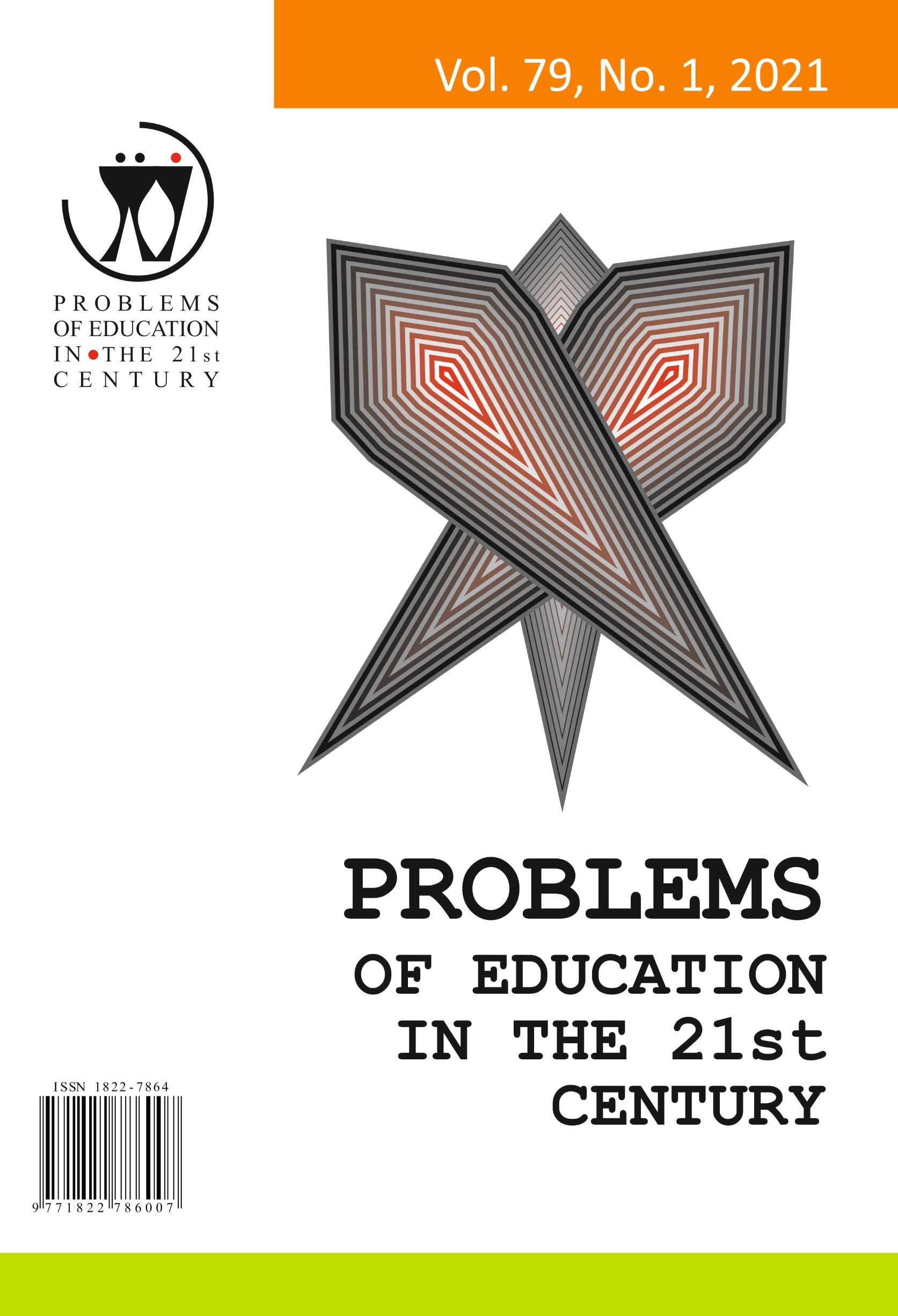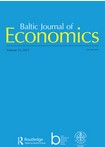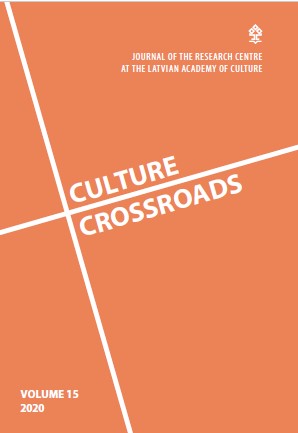НАВЧАННЯ УКРАЇНСЬКОЇ МОВИ ЯК ІНОЗЕМНОЇ З УРАХУВАННЯМ ОСОБИСТІСНО ОРІЄНТОВАНОГО ПІДХОДУ ТА КЛЮЧОВИХ КОМПЕТЕНТНОСТЕЙ В БУКОВИНСЬКОМУ ДЕРЖАВНОМУ МЕДИЧНОМУ УНІВЕРСИТЕТІ
Objectives. In the article pedagogical tools and methods that promote a personality-oriented approach in teaching and developing the core competencies of a future doctor in the classes of Ukrainian as a foreign language at Bukovinian State Medical University are described. Research methods are determined by its goals and objectives. In the paper descriptive, observation, classification methods are used. The relevance of the article is determined by the need to cover the problems of teaching Ukrainian as a foreign language through a variety of pedagogical methods and forms. The scientific novelty of the work lies in the fact that for the first time the role in the development of core competencies and the importance of a personality-oriented approach for teaching Ukrainian as a foreign language to medical student are analyzed. Conclusions. The content of core competencies and their ways of application is determined by using various means and methods taking into account a personality-oriented approach to teaching Ukrainian as a foreign language. It can be concluded that a personality-oriented approach in the process of teaching Ukrainian as a foreign language is one of the most effective for the practical implementation of the core competences development of foreign students and needs further careful study.
More...
